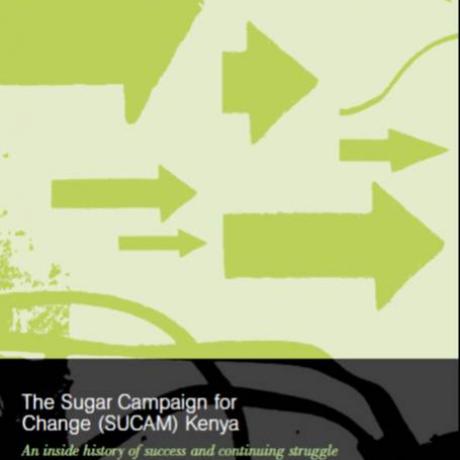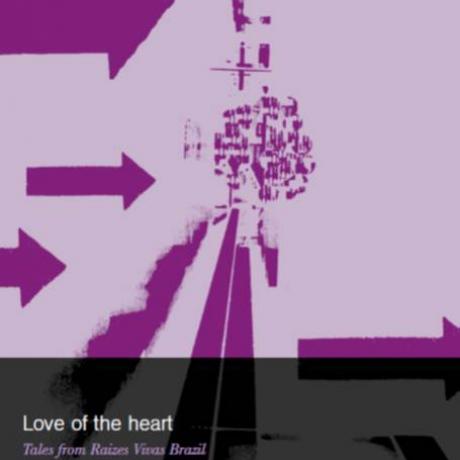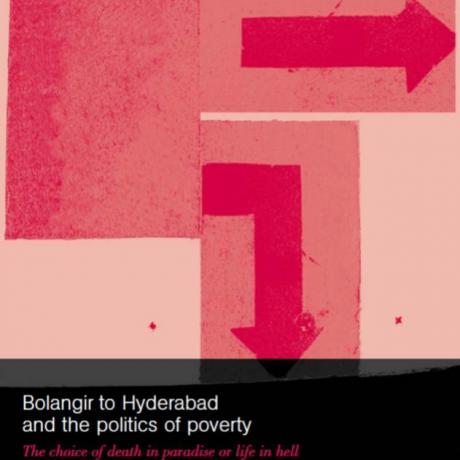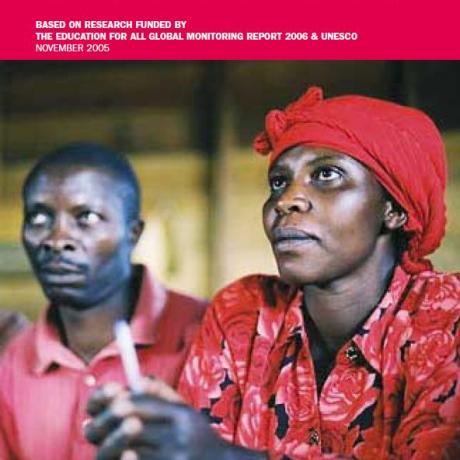Publications
Gender Equality resource kit
ActionAid’s Emergencies Policy
We recognise that the work of ActionAid sometimes places great demands on our staff in conditions of complexity and risk. ActionAid will take all reasonable steps to ensure the security and wellbeing
SUCAM: Critical Story of Change
The sugar industry is crucial to the regional economy of Western Kenya. The livelihoods of many poor out-growers depend upon it. This is the story of how SUCAM, a ‘campaign of ideas’ became a hugely

SUCAM: Critical Story of Change
The sugar industry is crucial to the regional economy of Western Kenya. The livelihoods of many poor out-growers depend upon it. This is the story of how SUCAM, a ‘campaign of ideas’ became a hugely

Love of the Heart: Critical story of change
For an international NGO to set about trying to satisfy the needs of Brazil’s 20 million people living in poverty would barely touch the tip of the iceberg of deprivation and social exclusion. Seeking

Bolangir to Hyderabad: Critical Story of Change
This is the story of people surviving almost unendurable lives as they work as migrants in India’s brick kilns. It is about those who strive to help them, and those who do harm. It is about how

Writing the Wrongs
In order to make the case for renewed commitment and investment there is an urgent need for governments to take new action on adult literacy. This document calls for action to “write the wrongs” in
Critical Webs of Power and Change
This booklet is intended for development practitioners, activist organisations and their supporters. It pulls together practical ideas and experiences from organisations involved in social justice and
ActionAid’s Dual Jobs Policy
Dual jobs require a staff member to be primarily recruited for an “original” job in one country where the majority (70% and more) of that person’s service would be rendered. The second regular job is
ActionAid’s Financial Management Framework 2005
This framework establishes the financial policies and standards (and procedures) for ActionAid International (AAI) and its Affiliates and Associates. The framework demonstrates AAI‟s concern for
